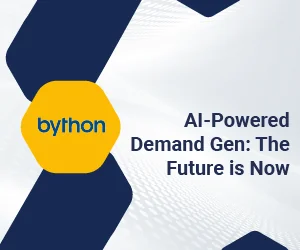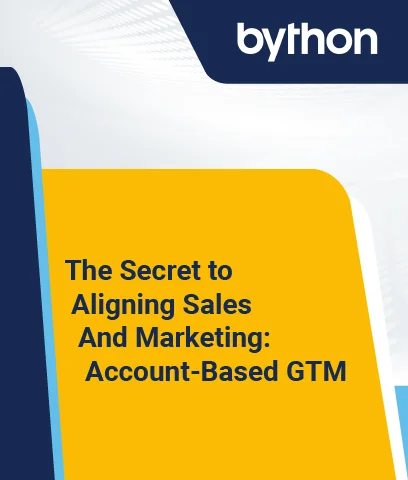Technology is impacting virtually everything in our world today, so it is no surprise that it has revolutionized the way background screening is done. One of the most significant impacts technology has on background screening is the speed at which it can be completed. Whats once took days, or even weeks to months to investigate thoroughly can now be found almost instantly.
Technology has also placed the ability to do basic background screens into the hands of individuals, small businesses, and others who would have found the processing time and costs prohibitive in the not-to-distant past.
If you are hiring or new babysitter, or agreeing to a blind date, websites like Check People, or the dozens of other similar companies, give you access to a background report in minutes.
Technology Used in Background Screening
Artificial intelligence (AI) and machine learning have redefined background screenings. The sophisticated algorithms can scan a much larger dataset, and find and follow connections that put together a cohesive background report from sources across the country and around the globe.
AI can recognize trends and patterns, and machine learning helps the algorithm “learn” as new information is absorbed. The algorithms can then take the overwhelming volume of information, plug it into set data points, to spit out reports that are easy to read and understand.
People-oriented research has all but disappeared from the background screening process, leaving humans free to determine how the information should be formatted and used instead of slogging through untold numbers of databases searching for information.
Predictive Technology
Predictive technology applied to background screening is a cutting-edge application of technology that has been around awhile. The basic concept is that a combination of AI and machine learning can take the information found in a person’s background and make relatively accurate predictions of future behavior.
The software, of which there are already numerous brands, identify potentially risky behavior and assess the risk it poses in various scenarios. For example, the predictive analysis will be different for someone investigating a potential child care provider than it would be for someone investigating the same person as a potential machine-operator in a factory.
Predictive technology has run into substantial pushback over concerns about bias and accuracy. Though the companies marketing predictive technology tout it as nothing more than a tool to alert potential employers to possible issues, the potential for abuse in how the “predictions” are used remains. Time and technology, march forward though, and predictive technology seems destined to remain.
Continuous Monitoring
People change, as do life circumstances, meaning their background checks change over time as well. Many background screening tools now use continuous monitoring to alert anyone who has done a background check and chooses continuous monitoring, to be alerted when something appears, or disappears from a background check.
The various software used to perform these actions run a constant check on names where clients have selected paid reports with continuous monitoring. Continuous monitoring for changes to criminal records or other relevant fields is prudent but is seeing pushback from those concerned about employers continuously checking life events such as marriage, divorce, finances, etc. as a gross invasion of privacy.
Continuous monitoring, in the field of employment screenings, will have a disproportionate impact on those in the gig economy. Formal employees have some protection from the Equal Employment Opportunities Commission (EEOC) that is not available to the millions of workers in the gig economy.
Formal employees do not have definite protection from continuous monitoring, though. As with any new application that might give them an edge, there will be companies that attempt to see what they can get away with.
( Also Read: 4 Ways Technology Can Grow Your Business )
Technology is a Forward March
Technology doesn’t go backward, but it does become obsolete. Meaning whatever we tolerate today will soon be outdone by something newer and shinier with far greater capacity. The expectation of privacy argument is a valid one, and society has to ask itself what is too much?
There is the standard argument of “well if you have nothing to hide,” but there needs to be a line. Does your employer need to know if you missed a credit card payment two months ago, own a gun, or bought a home that seems to exceed your salary?
There is little argument that background screening is a necessary tool, and technology that allows them to happen quickly with little human effort is a time and cost-saving convenience.
Background checks are powerful risk mitigators when it comes to combing negligent hiring practices, providing personal safety when dating, or making sure those entrusted to care for children have no known history that makes them unsuitable. The technology that allows accurate, reliable information to be accessible to anyone is a positive tool. Like any tool, though, it has the potential for misuse and abuse.







